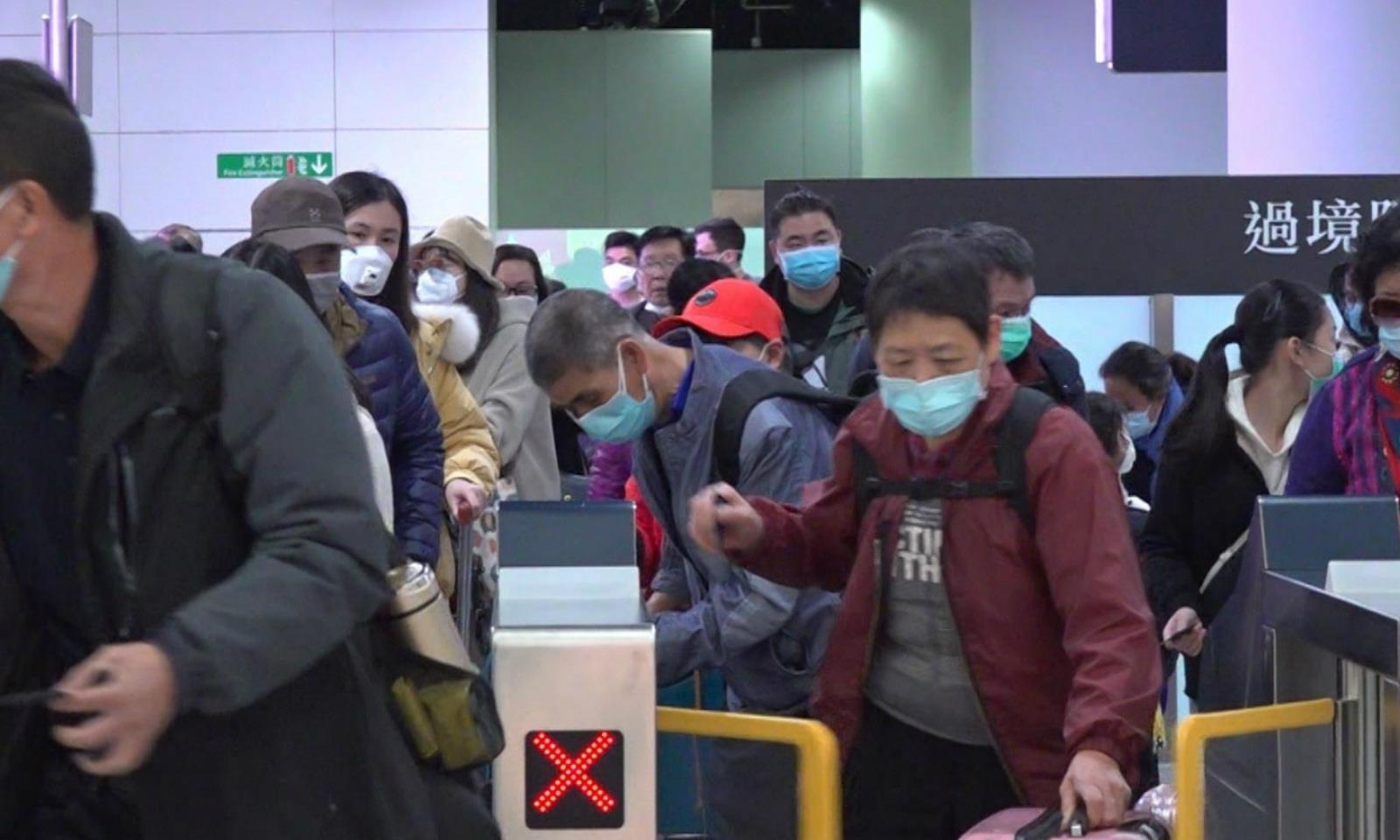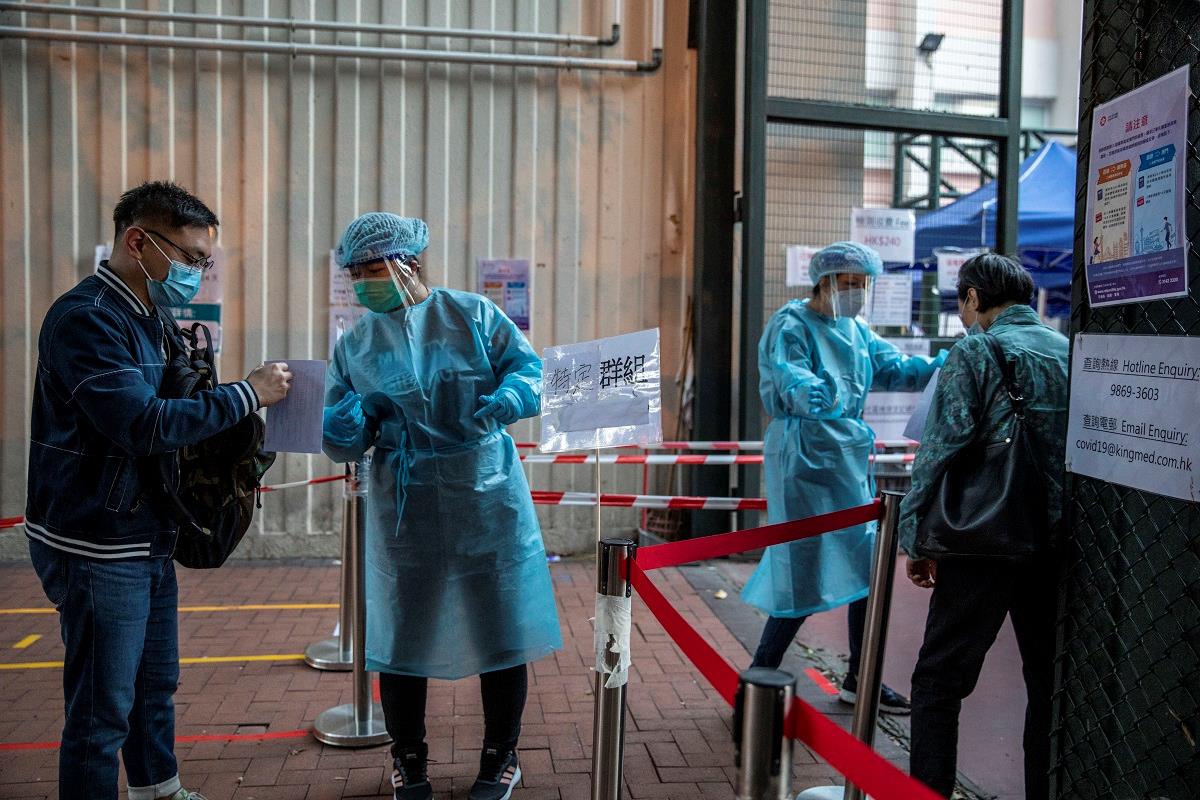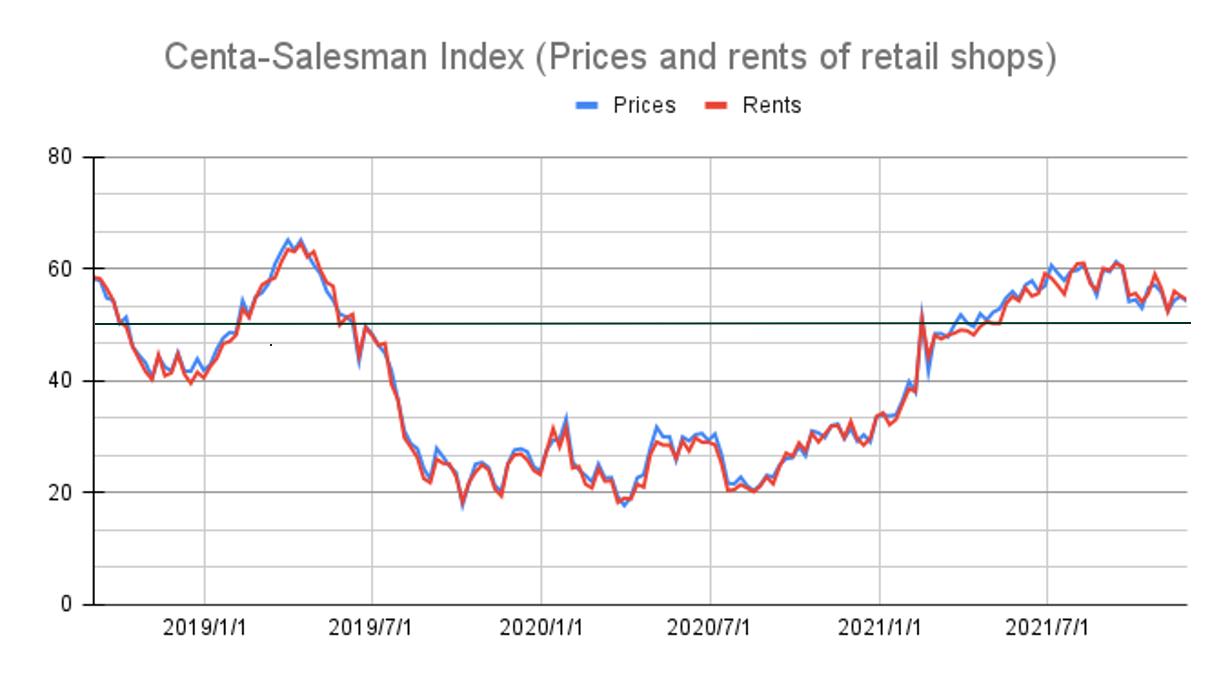(MENAFN- Asia Times)
HONG KONG – Quarantine-free travel between Hong Kong and Macau and mainland China is expected to be implemented around Christmas, an opening that promises to boost Hong Kong's retail and property sectors and revive cross-border business.
On Friday, the Hong Kong government will allow people to download a health code that is compatible with those of Macau and the mainland so they can cross the border with a full location record.
It is still discussing with the Guangdong provincial government about a“circuit breaker,” hoping that quarantine-free travel will be suspended only if two clusters of local infections are reported.
Last month, health officials and experts expected the so-called border reopening would start in early December. However, Beijing changed its mind as it did not want to cause any disruption to Hong Kong's Legislative Council elections on December 19 and activities related to the 22nd anniversary of the Macau Special Administrative Region on December 20.
Property experts said if quarantine-free travel is not affected by the emergence of the Omicron strain of Covid-19, then prices and rents of Hong Kong's retail shops could rebound in the short-term by as much as 30% and 60%.
Manufacturers have said they would expand their retail businesses after the Hong Kong-mainland border was fully reopened, hopefully after the Chinese New Year in February.
Since virus outbreaks in Wuhan were made public in late January 2020, people traveling across the border of Hong Kong and the mainland have been required to follow strict quarantine measures.
People must be isolated for 14 days when they enter the mainland, although Hong Kong residents and mainlanders can enter Hong Kong from the mainland without quarantine via the Return2HK and Come2HK schemes.
Last week, the Hong Kong government put four South African countries and 12 other countries on its high-risk list due to the growing number of Omicron cases around the world.
On December 1, it announced that a 38-year-old man who arrived in Hong Kong from Qatar on November 24 was stuck in the restricted transit area at Hong Kong International Airport for four days due to a visa-related issue and tested positive with Omicron in a pre-departure test on November 28.
David Hui, a professor of respiratory medicine at the Chinese University of Hong Kong and a government advisor on the pandemic, said on Sunday the border reopening schedule would not be affected by the four imported Omicron cases reported in Hong Kong.
Hui said as it took four months to fully reopen the Macau-mainland border, Hong Kong should only expect a full border-reopening after February.

Travelers cross the Hong Kong-Shenzhen border. Photo: RTHK
The South China Morning Post reported on November 18 that a trial scheme for people to travel from Hong Kong to the mainland without quarantine would be launched in the first week of December.
However, Beijing later decided to postpone the launch to late December to avoid causing any virus outbreaks that would disrupt the LegCo elections on December 19, HK01.com reported on December 3, citing officials familiar with the situation.
A small-scale border-reopening scheme with a daily quota of 1,000 people would kick off before Christmas, Hong Kong media reported on Monday. The quota would then increase to 5,000 by next February.
Although the Guangdong government has said it would prefer to suspend the scheme whenever a local case is identified, the Hong Kong government suggested that the scheme be suspended only if two clusters of patients were identified.
Last Friday, the Hong Kong government said the“Hong Kong Health Code” system would be open for registration from 9am on December 10. It said people could register an account and familiarize themselves with its functions earlier, with a view to facilitating a smoother operation when quarantine-free travel with the mainland and Macau officially resumes.
Applicants for the health code are required to register personal information such as name, identity document number and date of issue, contact telephone number and residential address and upload Hong Kong residential address proof. The information would be shared with the mainland only if the code's user tested positive, said the government.

The Hong Kong government hopes quarantine-free travel will be suspended only if two clusters of local infections are reported. Photo: NurPhoto / Vernon Yuen
A rising number of property investors have recently shown interest in entering the Hong Kong market, but they have so far taken a wait-and-see approach as any possible Omicron outbreak could jeopardize the border reopening plan, said Edwin Lee, the founder of Bridgeway Prime Shop Fund Management Ltd, a shop properties investment firm.
Prices and rents of retail shops at prime sites could not fall further because they were already very low, said Andy Chan, managing director of Dorbo Realty, a property agency.
Due to Hong Kong's tough quarantine measures, many shop owners had started taking whatever leasing offers they were given, Chan said, adding that November and December were a traditional low season for the retail property market.
Dennis Ng Wang-pun, permanent honorary president of The Chinese Manufacturers' Association of Hong Kong, said whether quarantine-free travel would be resumed at the Hong Kong-mainland border would affect Hong Kong retailers' decisions. Ng said retailers would not consider expanding their local businesses before a full border reopening.

Centa-Salesman Index (Prices and rents of retail shops) Credit: hk.centanet.com
According to the Centa-Salesman Index (CSI) compiled by the Centaline Property Agency, investor confidence in retail property markets has improved since Hong Kong contained its fourth epidemic wave in February and relaxed its epidemic rules for restaurants in March and April.
Shops and restaurants at non-tourist sites were crowded by customers but those at prime sites such as Causeway Bay and Tsim Sha Tsui had not yet fully recovered. When the Centa-Salesman Index is above 50, it means property salespeople are bullish about the market. When it is below 50, they are bearish.
The CSI that tracks retail shop prices hit 65.14 in April 2019 but fell to 17.86 in October of the same year due to social unrest. It stayed at around 20-30 for all of 2020 due to the pandemic until it rebounded to above 50 in March this year.
The index hit 61.31 in mid-September when people thought that the border with the mainland would soon be reopened. The index eased to around 52-55 last month. The CSI that tracks rents of retail shops showed a similar pattern as the price index.
Read: Hong Kong tightens quarantine rules for Omicron
MENAFN06122021000159011032ID1103312691
Legal Disclaimer:
MENAFN provides the information “as is” without warranty of any kind. We do not accept any responsibility or liability for the accuracy, content, images, videos, licenses, completeness, legality, or reliability of the information contained in this article. If you have any complaints or copyright issues related to this article, kindly contact the provider above.